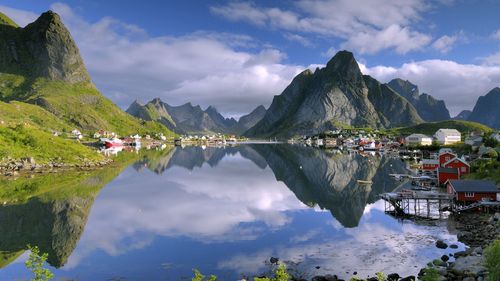Indigenous knowledge systems have played a vital role in the world throughout history. These systems have been developed and passed down from generation to generation for centuries, providing insight into everything from agriculture and medicine to environmental conservation and spirituality.
Despite the significant contributions of these systems, they have often been overlooked in modern times. Many believe that Western scientific knowledge is superior and that indigenous knowledge systems are outdated or irrelevant. However, as we grapple with challenges such as climate change and biodiversity loss, it is becoming increasingly clear that we need to embrace the wisdom of indigenous knowledge systems if we hope to find effective solutions.
Indigenous knowledge systems are often deeply connected to the land and the natural world, and they emphasize the interconnectedness of all living beings. This holistic approach can provide valuable insights into sustainable practices and environmental conservation. For example, indigenous communities have been practicing agroforestry and other forms of sustainable agriculture for generations, which can help combat soil degradation and promote biodiversity.
In addition to environmental concerns, indigenous knowledge systems are also relevant in the field of healthcare. Many traditional medicines have been used for centuries and are still used today to treat a variety of ailments. This knowledge can help develop new treatments that are more accessible and affordable than Western medicine, particularly in countries where healthcare resources are limited.
Moreover, indigenous knowledge systems can offer important insights into spirituality and ways of life that are often undervalued in today’s world. Emphasizing the interconnectedness of all living beings and respecting the natural world can help us develop more meaningful relationships with the environment and the communities around us.
The relevance of indigenous knowledge systems cannot be overstated. As we confront global challenges that require us to rethink the ways we live and interact with the environment, we can benefit from the wisdom and insights of indigenous communities. By embracing these knowledge systems, we can move towards a more sustainable and equitable future for all.
(Note: Do you have knowledge or insights to share? Unlock new opportunities and expand your reach by joining our authors team. Click Registration to join us and share your expertise with our readers.)
Speech tips:
Please note that any statements involving politics will not be approved.
